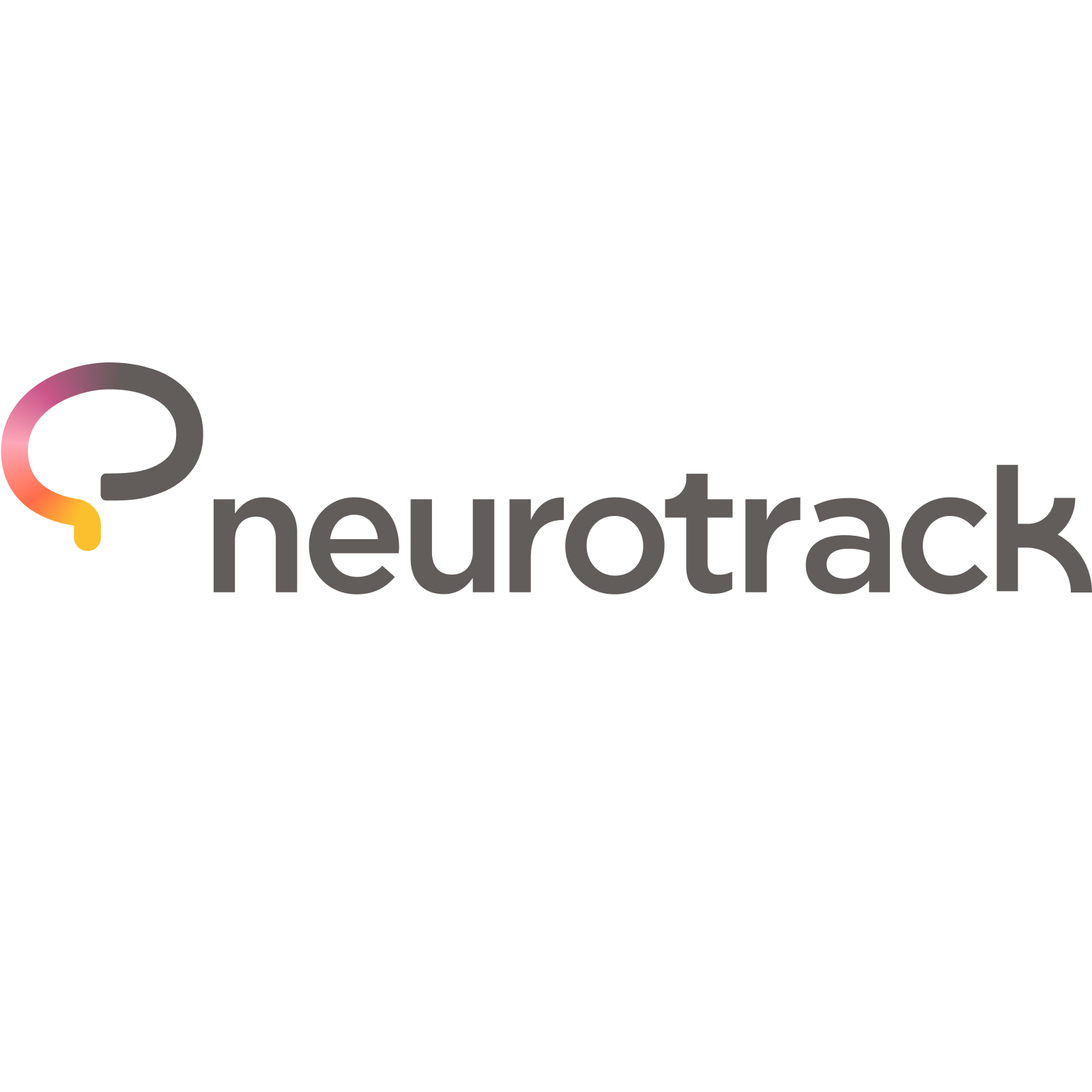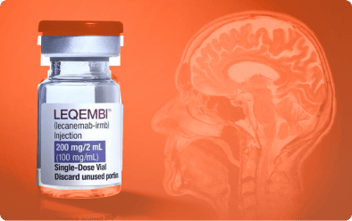
Neurotrack
3 min read

The latest research shows diet plays a huge role in our cognitive health, and the MIND Diet is associated with a reduction in Alzheimer’s risk.
Before she passed in 2020, Neurotrack sat down with Dr. Martha Clare Morris, the scientist behind the MIND Diet to learn more about the potent effects of nuts, berries and green leafy veg on our brains:
NT: The MIND Diet has a very specific list of healthy foods. How did you choose them?
Dr. Morris: The MIND Diet reflects years of research into the scientific literature on nutrition and cognition. It is a hybrid of two well-established cardiovascular diets: the Mediterranean and the DASH but with modifications based on the most compelling scientific evidence on nutrition and the brain. All three diets are associated with slower decline in cognitive abilities with older age and with reduced risk of Alzheimer’s disease and dementia. The MIND diet is new and so has not had much study as yet. In the Rush Memory and Aging Project, the MIND diet outperformed both the Mediterranean and DASH diets in studies of dementia prevention.
NT: Why does food have such a big impact on memory loss?
Dr. Morris: Our brains require nutrients to function and also to protect against oxidative stress and injury to neurons. Other dietary components, for example, saturated and trans fats, can cause harm to the brain when consumed in excess. The healthy food list of the MIND Diet emphasizes a variety of nutrients that have been demonstrated to protect the brain in a number of ways, including reducing oxidative stress, inflammation and the accumulation of amyloid plaques. These are just some of the ways that nutrition is thought to impact the brain and help to retain memory function.
NT: Do the foods interact with each other or work on different things?
Dr. Morris: That’s a tough question. We know that there’s a biochemical reaction between different nutrients but that the interactions can be very complex. Some of these interactions we understand, others we don’t. For example, we know that many vegetable nutrients are fat-soluble – they’re better absorbed by our bodies when consumed with fats. So, if you drizzle some olive oil on your spinach, the fat-soluble nutrients will be better absorbed than if you eat it plain.
NT: Will following a healthy diet have the same effects on my brain health?
Dr. Morris: The answer to this question is not clear. The MIND diet was developed based on the best scientific evidence on nutrition and the brain from many different types of studies. Presumably, this would result in the best protection of the brain. But to be certain would require very expensive and long-term randomized trials that are not likely to be completed.
NT: What’s your favorite MIND Diet recipe?
Dr. Morris: Fortunately, I genuinely love the foods included in the diet. Blueberries and spinach are two of my favorite foods to eat. I often eat a bowl of whole grain cereal such as oatmeal with fresh blueberries. Another breakfast favorite is a slice of whole-wheat toast layered with sliced avocado and a poached egg, and topped with sautéed spinach with a squirt of lemon juice. These are very quick, delicious and nutritious meals.
NT: Are you on the MIND Diet?
Dr. Morris: I try! But like everyone I don’t have a perfect score! There are also periods in life that are particularly busy and/or stressful and my diet and physical exercise routines suffer. The most important thing is to get back to a healthier lifestyle as soon as one can. This is just a fact of life and we can’t be too hard on ourselves when these more difficult times interfere with healthy behaviors.
Before she passed in 2020, Neurotrack sat down with Dr. Martha Clare Morris, the scientist behind the MIND Diet to learn more about the potent effects of nuts, berries and green leafy veg on our brains:
NT: The MIND Diet has a very specific list of healthy foods. How did you choose them?
Dr. Morris: The MIND Diet reflects years of research into the scientific literature on nutrition and cognition. It is a hybrid of two well-established cardiovascular diets: the Mediterranean and the DASH but with modifications based on the most compelling scientific evidence on nutrition and the brain. All three diets are associated with slower decline in cognitive abilities with older age and with reduced risk of Alzheimer’s disease and dementia. The MIND diet is new and so has not had much study as yet. In the Rush Memory and Aging Project, the MIND diet outperformed both the Mediterranean and DASH diets in studies of dementia prevention.
NT: Why does food have such a big impact on memory loss?
Dr. Morris: Our brains require nutrients to function and also to protect against oxidative stress and injury to neurons. Other dietary components, for example, saturated and trans fats, can cause harm to the brain when consumed in excess. The healthy food list of the MIND Diet emphasizes a variety of nutrients that have been demonstrated to protect the brain in a number of ways, including reducing oxidative stress, inflammation and the accumulation of amyloid plaques. These are just some of the ways that nutrition is thought to impact the brain and help to retain memory function.
NT: Do the foods interact with each other or work on different things?
Dr. Morris: That’s a tough question. We know that there’s a biochemical reaction between different nutrients but that the interactions can be very complex. Some of these interactions we understand, others we don’t. For example, we know that many vegetable nutrients are fat-soluble – they’re better absorbed by our bodies when consumed with fats. So, if you drizzle some olive oil on your spinach, the fat-soluble nutrients will be better absorbed than if you eat it plain.
NT: Will following a healthy diet have the same effects on my brain health?
Dr. Morris: The answer to this question is not clear. The MIND diet was developed based on the best scientific evidence on nutrition and the brain from many different types of studies. Presumably, this would result in the best protection of the brain. But to be certain would require very expensive and long-term randomized trials that are not likely to be completed.
NT: What’s your favorite MIND Diet recipe?
Dr. Morris: Fortunately, I genuinely love the foods included in the diet. Blueberries and spinach are two of my favorite foods to eat. I often eat a bowl of whole grain cereal such as oatmeal with fresh blueberries. Another breakfast favorite is a slice of whole-wheat toast layered with sliced avocado and a poached egg, and topped with sautéed spinach with a squirt of lemon juice. These are very quick, delicious and nutritious meals.
NT: Are you on the MIND Diet?
Dr. Morris: I try! But like everyone I don’t have a perfect score! There are also periods in life that are particularly busy and/or stressful and my diet and physical exercise routines suffer. The most important thing is to get back to a healthier lifestyle as soon as one can. This is just a fact of life and we can’t be too hard on ourselves when these more difficult times interfere with healthy behaviors.




